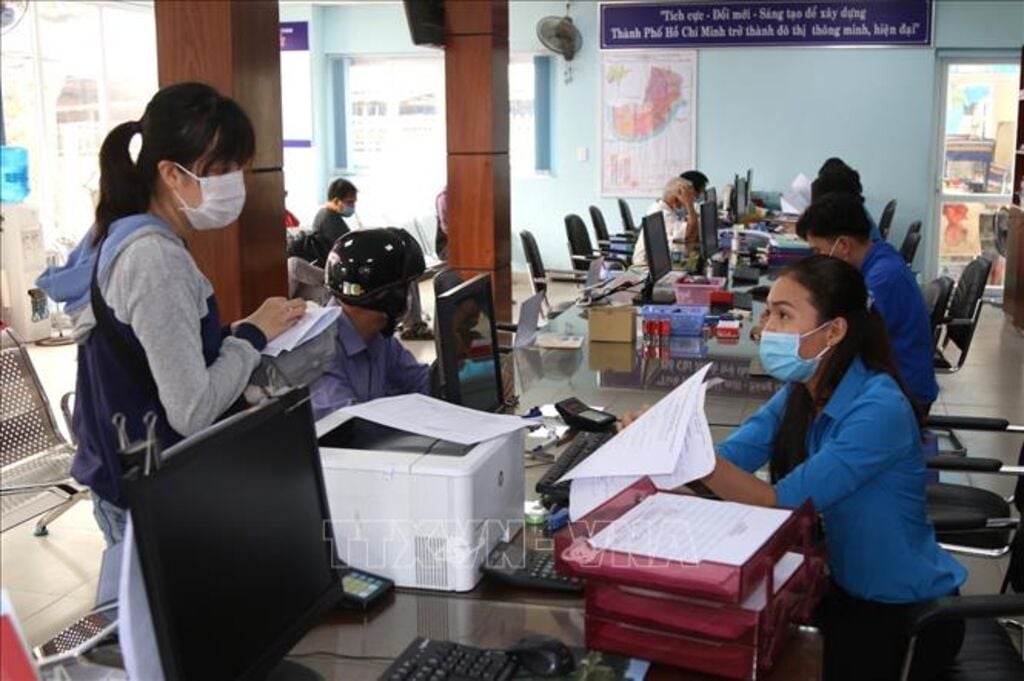 |
| Administrative procedure instructions for people. Illustration photo: Xuan Tinh/VNA |
Many opinions from cadres, party members, intellectuals and people believe that the policy of reforming the apparatus, innovating management methods and improving the quality of grassroots party organizations are key issues in the new term.
Administrative reform from organization to institution
According to Associate Professor Nguyen Van Phuong, Lecturer at Hanoi National University of Education, the policy of reorganizing the local government model towards two levels is a breakthrough decision, suitable for the requirements of national development in the context of digital transformation, application of information technology, streamlining payroll and improving the efficiency of state management.
Associate Professor Nguyen Van Phuong said that, in addition to the increasingly developed technology and infrastructure, practical conditions are also ripe for implementing the two-tier model. However, this model will only be truly effective if accompanied by comprehensive institutional and staff reforms. In addition, it is necessary to delegate authority more clearly to subordinates, while strengthening monitoring and evaluating output results instead of deeply intervening in the implementation process. Decentralization must be associated with a mechanism to control power and accountability of the head, avoiding lax management or abuse of power.
Associate Professor Nguyen Van Phuong further suggested that it is necessary to synchronously implement measures to train and foster cadres to meet new requirements. Special attention should be paid to grassroots cadres with political qualities, practical capacity and the ability to adapt to change. Along with that, promoting the role of social supervision and policy criticism from the people, considering this a "soft barrier" but effective to ensure that reforms take place openly, transparently and in the right direction. The success of the two-level model lies not only in the reorganization of the apparatus, but also in the quality of operation and social consensus, which are key factors in all reforms for the people.
State management in the direction of "creation" and "post-control"
Secretary of the Party Cell of Residential Area No. 2, Ngoc Ha Ward, Ba Dinh District, Hanoi, Nguyen Xuan Tung assessed that in the context of strong development of information technology and digital transformation, administrative procedures are increasingly resolved in the online environment, and the level of cadres is constantly improving, the reorganization of the government model from 3 levels to 2 levels (province and grassroots) is necessary, demonstrating the decisiveness and timeliness of the Party Central Committee. This policy clearly demonstrates the spirit of innovation, in sync with the country's development orientations in the digital age, emphasizing the role of science , technology and digital transformation.
Party cell secretary Nguyen Xuan Tung commented that if the shortcomings in the 3-tier model are not boldly eliminated, this model itself will become an obstacle to the development trend. Meanwhile, technical infrastructure such as transportation, information and communication have developed strongly enough to support the 2-tier model to operate effectively. Cadres, party members and the people in general all believe in this historic policy of the Party Central Committee.
However, Mr. Nguyen Xuan Tung also said that if the capacity of cadres and the operating mechanism are not clearly and specifically established according to the new model, it is easy for bottlenecks to arise, affecting the effectiveness of economic management and social life. Therefore, it is necessary to simultaneously carry out two "revolutions" in cadre work and the operating institutions of the 2-level model. In addition, it is necessary to boldly enhance the authority and responsibility of the provincial and communal levels, and at the same time clearly define the functions and tasks of each department and leader to increase the effectiveness, efficiency and efficiency in state management.
In that direction, ministries and branches issue policies and monitor implementation results; provincial and communal levels are responsible for organizing implementation and explaining results, ensuring a "constructive" and "post-audit" management model, consistent with the mechanism of decentralization and national governance innovation.
Strong from the base, determined to fight internal recession
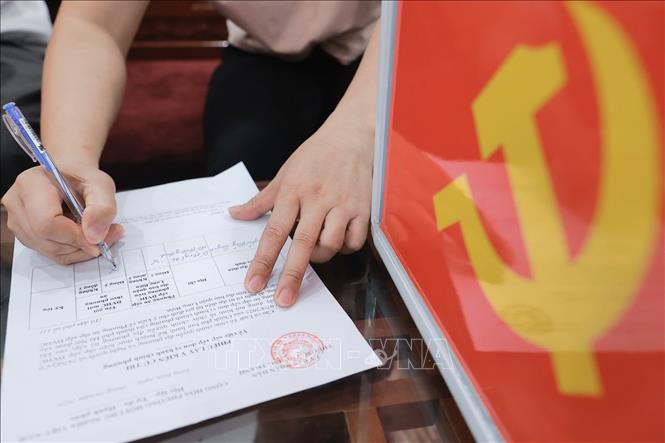 |
| Hanoi residents give their opinions on the plan to rearrange administrative units. Photo: Minh Quyet/VNA |
Sharing the same view on the fundamental role of grassroots Party organizations, Mr. Le Tien Loi, former Party Secretary of Van Dinh town (Ung Hoa district, Hanoi) said that the policy of reorganizing the local government model towards two levels is appropriate in the context of the preparation work for the 14th Party Congress at all levels taking place vigorously.
According to Mr. Le Tien Loi, in the process of implementing this policy, the Party cell needs to be truly exemplary, promote the role of the nucleus of solidarity, promote the spirit of self-criticism and criticism; select personnel for the new term Party Committee must be democratic, impartial, transparent, and choose the right people with virtue, talent, and dedication to the collective to carry out the country's innovations.
To achieve that, it is necessary to strengthen training and update knowledge for the source staff, especially young and female staff, the important successor forces of the Party. Along with that, there is a strict monitoring mechanism right from the personnel preparation stage, with synchronous coordination between the Party cell and the upper-level Party Committee; promoting the supervisory role of the people is an essential factor, helping to prevent early signs of deviation in personnel work.
Source: https://huengaynay.vn/chinh-tri-xa-hoi/theo-dong-thoi-su/mo-hinh-chinh-quyen-dia-phuong-hai-cap-buoc-di-manh-me-trong-boi-canh-moi-153238.html



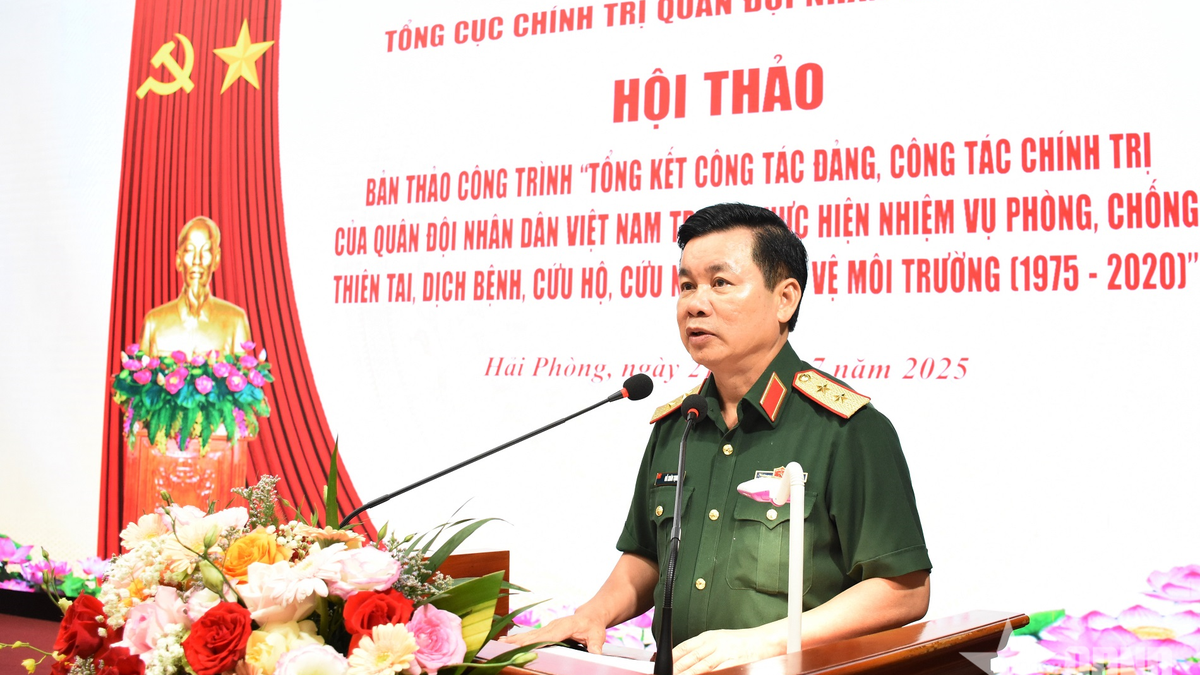


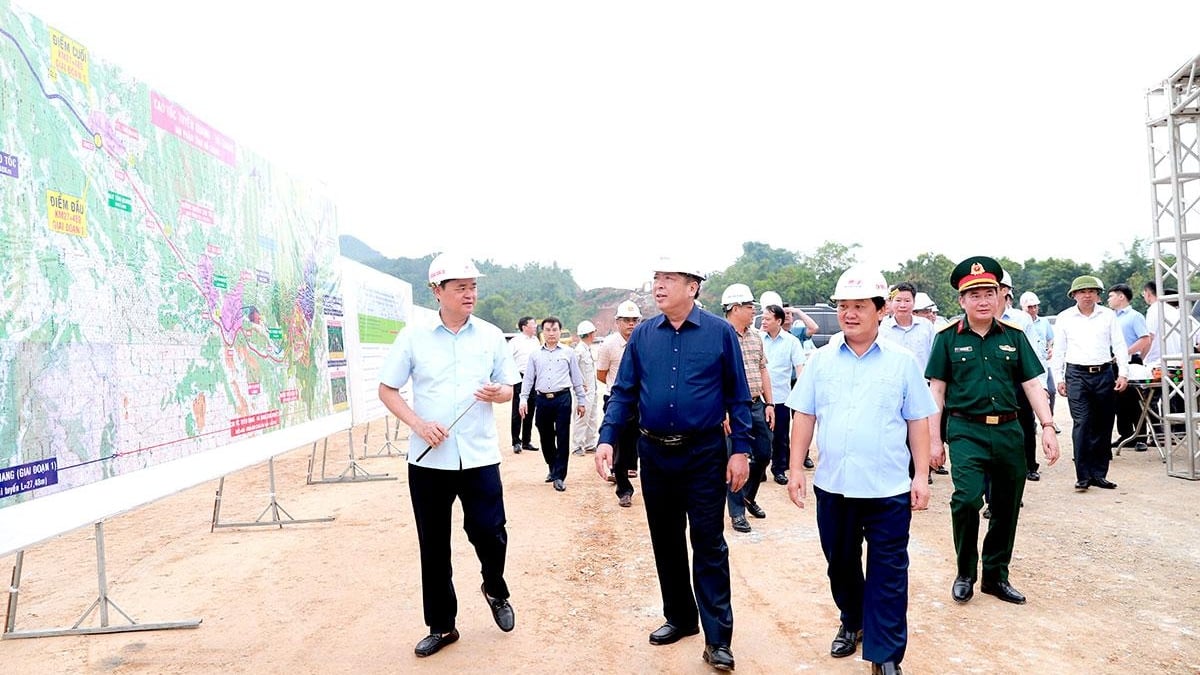
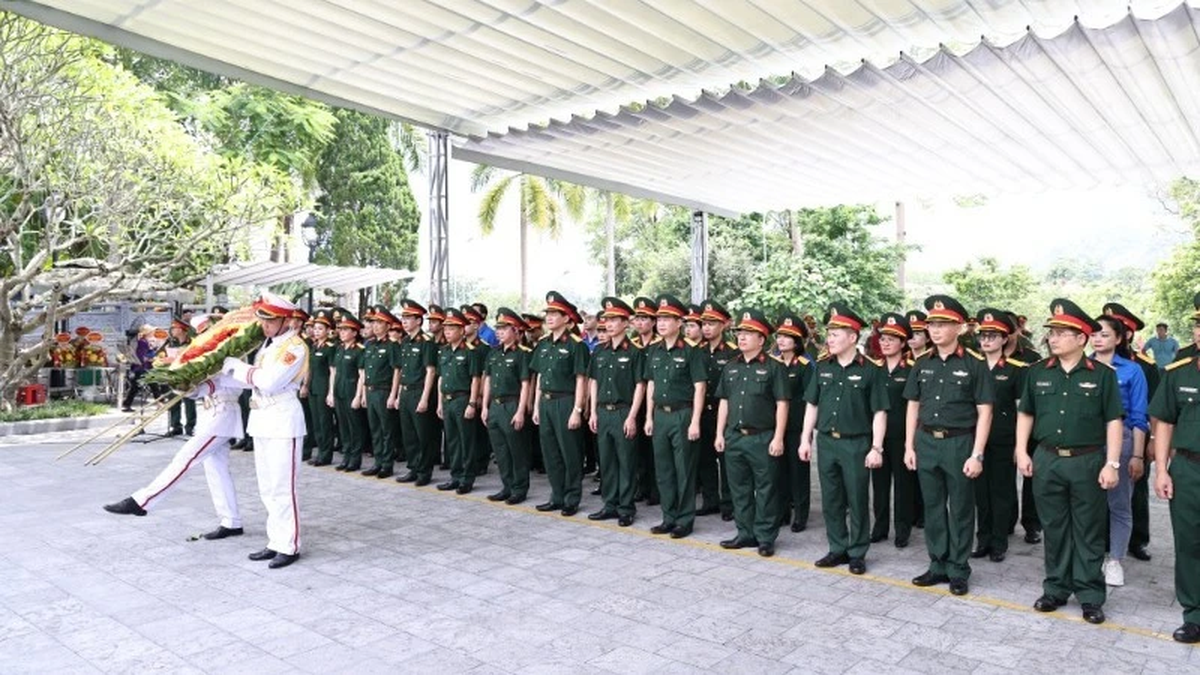
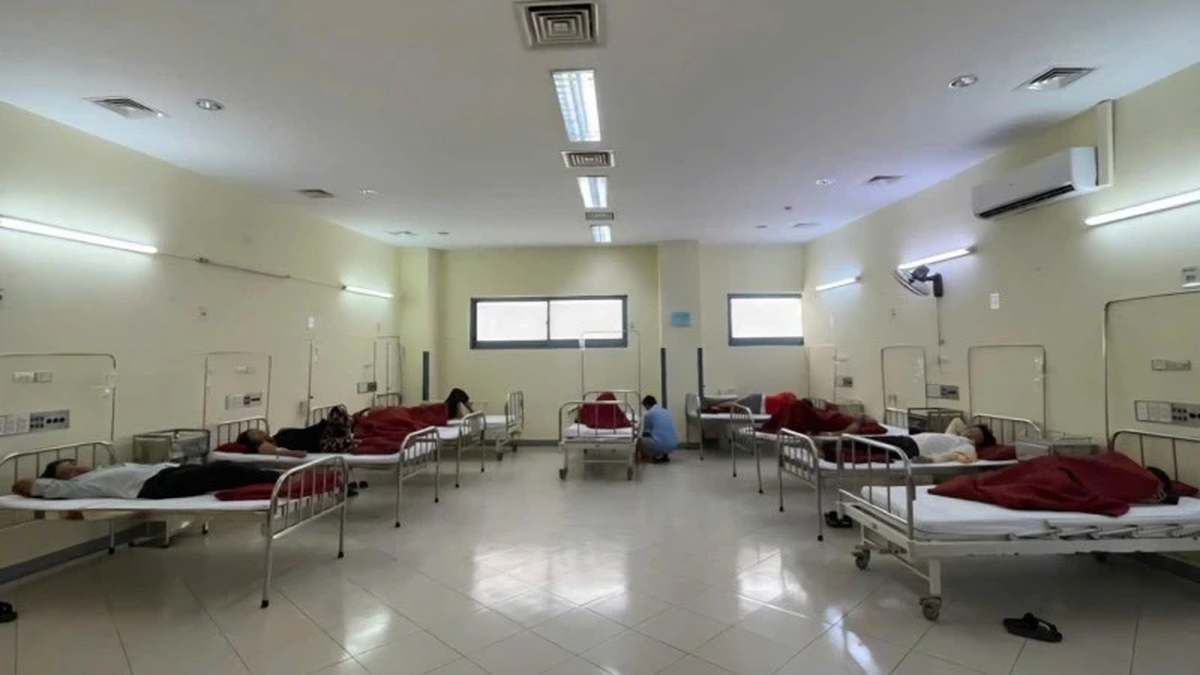


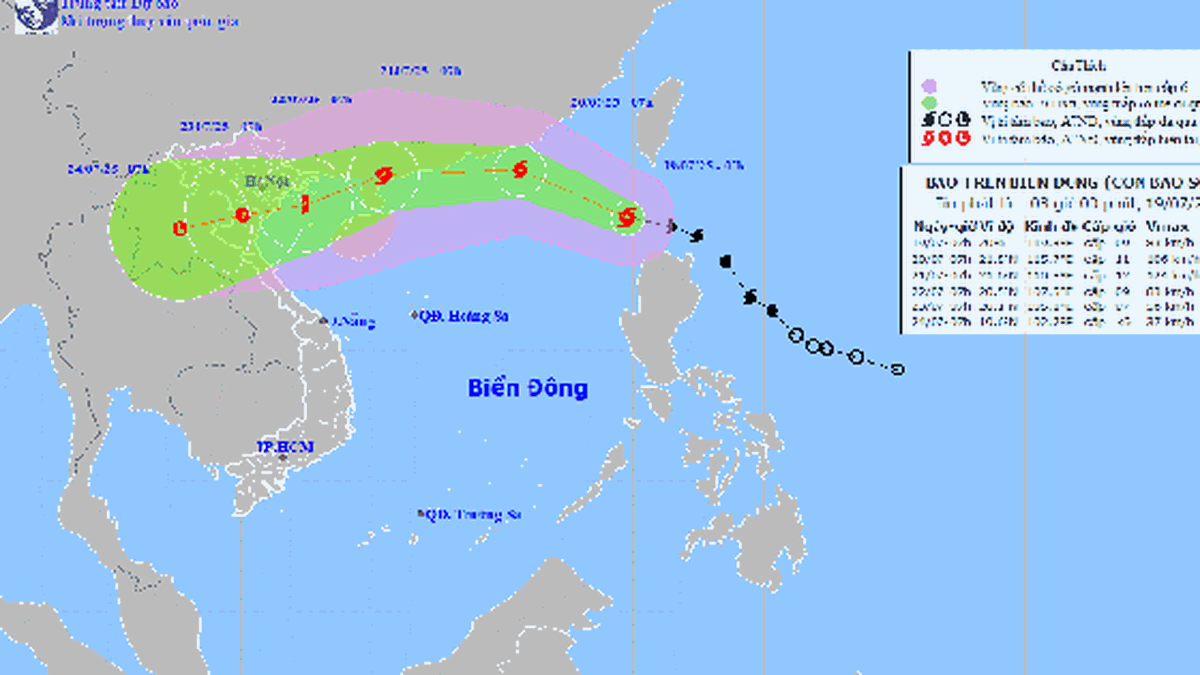
















![[Photo] National Assembly Chairman Tran Thanh Man visits Vietnamese Heroic Mother Ta Thi Tran](https://vphoto.vietnam.vn/thumb/1200x675/vietnam/resource/IMAGE/2025/7/20/765c0bd057dd44ad83ab89fe0255b783)
































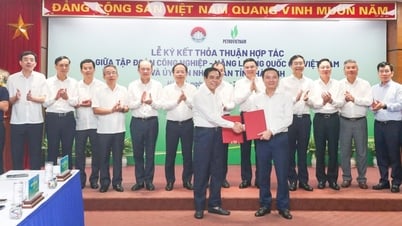





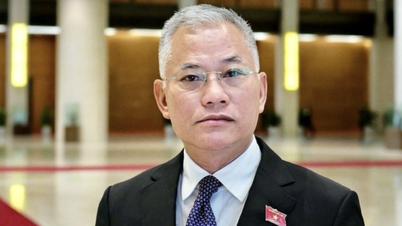
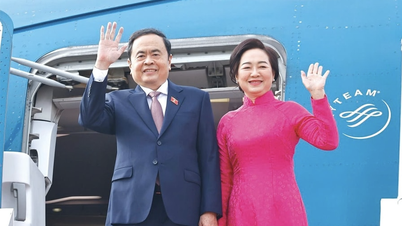
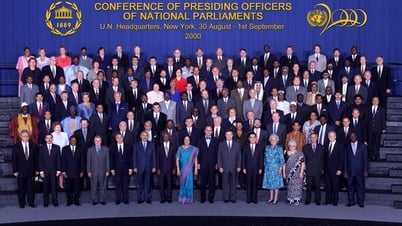



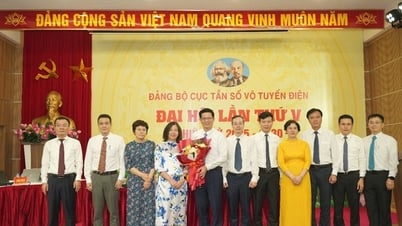



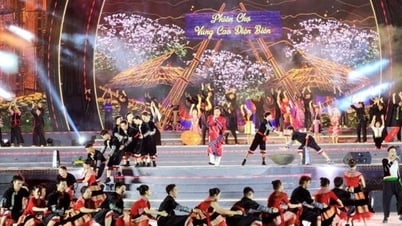





















Comment (0)